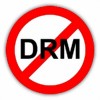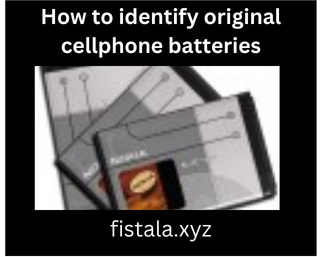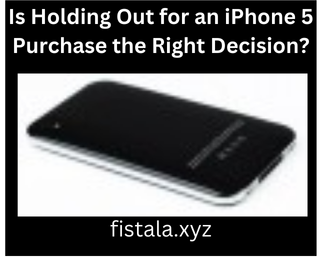A major event has happened again in the world of smartphones. The statistics are in and it has now become time to stop calling them “phones”. Looking at the history of these devices, from cell phone to smartphone, we find that one event is happening less and less. What is that? Read on to find out why you should stop calling your smartphone a smartphone.
So, Why Your Smartphone Is Not Really A Smartphone Anymore?
From “Bricks” To Savvy Pieces Of Slim Plastic:
Way back when, the bricks that were called “mobile phones”, had one use. They went through shape changes, but there was only one thing you could do with them. You could talk on them. That was it. The first telecom networks happened in Tokyo, Japan, way back in 1979. This started what was called “first generation” cellular systems.
We are now up the “fourth generation” which is characterized by the moniker “4G”. Handsets that can handle 4G networks are the most modern as of this writing.
Read: How to Protect Your Laptop From Physical Damage
Can 5600 People Be Wrong?
Now, these handsets are being used for other things than voice calling according to Tomi Ahonen, the Superman of mobile analysts. In fact, some events happen more often today than using your voice to talk to others. What is it?
If you have a smartphone or a dumbphone, you probably already know the answer. Texting is the most popular thing to do with a smartphone, not calling. A survey of around 5600 mobile customers in six countries on three continents is cited as proof.
The Transition Has Taken Place:
In the survey, SMS usage was from a minimum of 64 percent in the United States to a maximum of 86 percent in Australia. The voice calling was from a minimum of 68 percent in Italy to a maximum of 80 percent in Germany. Using those statistics and factoring in the populations of the countries produces some interesting, historical results. Texting wins out over voice calling by a slim margin. It is 71.52 percent for texting and 71.48 percent for voice calls. This means the overall use of a smartphone is not as a “phone”, but as a mobile texting device. Times have changed.
Read: Can Smartphones Really Make Kids Smart?
The Numbers Do Not Lie:
The statistics are skewed even more in favor of texting over voice calling if the amount of subscribers are used in place of population statistics. The smartphone should now be called something besides a smartphone. It is generally used for other things. The countries that were polled were developed countries, but developing countries are showing the same trend.
People now need a mobile handset primarily for sending messages, not talking. One last bit of information is appropriate. Two years ago there were twice as many texters as internet users.






